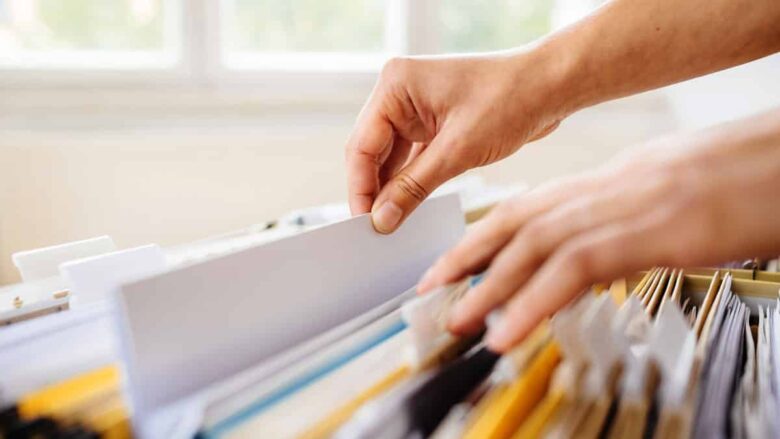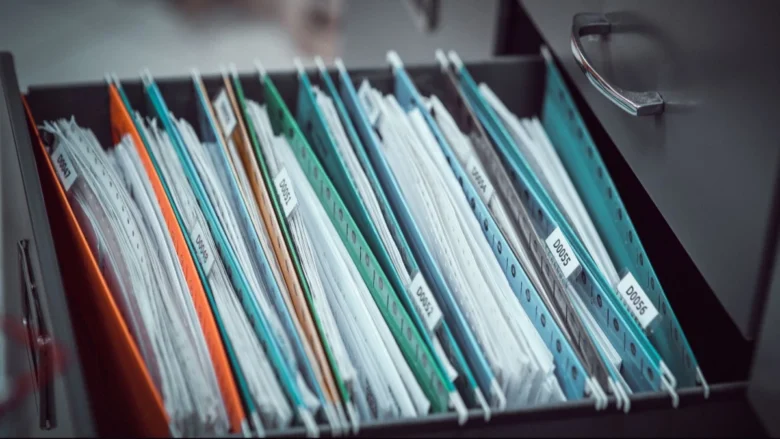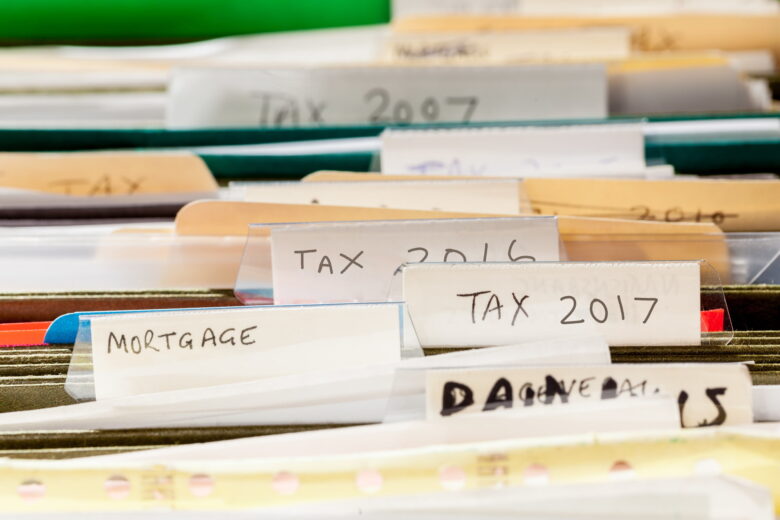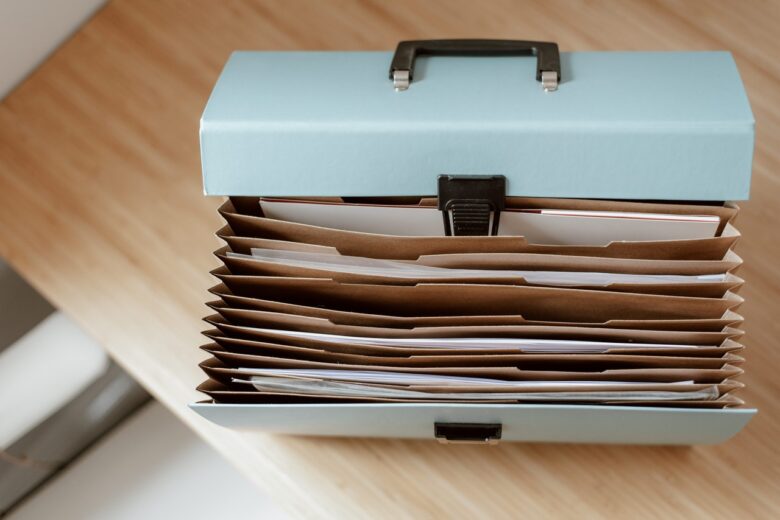Whether you are a professional or an accidental landlord, you are obliged to comply with the legal and tax requirements that go with the business. Declaring your rental income to HMRC comes first. Take note that the UK tax authority has a lot of resources that give them tip-offs if you are a landlord. Once they send you a nudge letter that denotes a tax investigation, penalties can go as high as you can imagine.
To prevent this, HMRC implements the Let Property Campaign (LPC) to encourage landlords to declare their rental income and other records for tax purposes and organise their tax affairs by themselves. This applies to you when you have started your rental business without registering for self-assessment first.
Voluntarily declaring your rental profits through the Let Property Campaign helps you mitigate the penalties you pay for late disclosure. Once you are all set, you will have the responsibility to keep all financial records of your rental business. In this article, we guide you through everything you need to know about record-keeping as a landlord.
Why You Should Keep Your Records Organised

Especially when you are an accidental landlord, keeping records for the business you just got yourself into can be very overwhelming. Being used to handling your taxes through PAYE, switching to self-assessment tax returns is relatively challenging. This is how much organising your files can greatly help, ensuring backups for everything, whether it’s a paper or digital document.
This saves you much time and ensures that you have complete and accurate details ready on or before the tax returns deadline, rather than cramming everything up with your crumpled-up receipts and asking for help from your accountant at the last minute. Making it a habit to organise the records you keep will make everything easier for you.
Aside from it being a legal obligation, there’s a practical advantage to maintaining comprehensive and organised records—it can lower your tax bill. This is especially true when it comes to property ownership, where records of all expenses related to property maintenance can either be considered allowable expenses, deductible from income, or reduce your future capital gains tax bill.
Check on your records regularly, use a record-keeping system that you can easily navigate, have digital backups, and label and arrange your files by date or record type that will make it easier for you to look for them when needed. Keep in mind to separate your income and expenses records, too, so you don’t get confused.
It’s best to work with an accountant as well, which, for HMRC, shows your reliability and transparency. In case of any questions from HMRC regarding your tax return, having detailed records will make it easier and faster to respond to their inquiries, which your accountant will help you with. Accountants can help you identify tax relief opportunities and suggest strategies for reducing your tax bill in the future.
What Self-Assessment Records to Keep

HMRC might penalise you once you provide inaccurate, incomplete, or ineligible records or be unable to provide them, so make sure you check them thoroughly before submitting them. Generally, small landlords only keep records of their rental income, expenses, and documentation to support those.
If you are not sure what to keep and what to throw in the trash, here is a list of necessary documents to provide HMRC with:
- The dates you rented out your property
- All the rental profits you receive
- The amount you pay to your tenants for their services, such as repairs or maintenance
- Rent books, bank statements, receipts, and invoices
- Allowable expenses necessary for your rental business operations
Limited companies in rental business keep records according to the Companies Act, which is more hassling than that of individual landlords. They are required to keep documents of the following:
- Details of directors, shareholders and company secretaries
- Debentures (loan repayment promises)
- The results of shareholder votes
- Share transactions
- Indemnities (security against legal liabilities)
- Loans or mortgages secured against company assets
- A register of ‘people with significant control’
For accounting purposes, limited companies will have to keep the following details:
- Money received and spent by the company
- Company debts
- Information on goods bought and sold and from whom
- Details of company assets
- Stocktaking data
How Long Do You Keep Tax Records

The requirements for keeping records may not be rigid, but they must be sufficient to establish the amount of income received and expenses incurred. There are also regulations on how long these records must be kept according to your situation.
If your tax return is filed on time, which is due by January 31, 2021, you must retain the relevant records for a minimum of 22 months after the end of the tax year. After you submit your self-assessment tax returns, you must keep the records for a minimum of 15 months.
Self-employed individuals and those in partnerships must keep their records for 5 years and 10 months after the tax year. On the other hand, if your business operates as a limited company, you are required to keep records for six years or longer from the end of the relevant tax year.
Making Tax Digital for Income Tax Self-Assessment (MTD for ITSA)
By April 2026, self-employed individuals and landlords earning over £50,000 will be obligated to maintain digital records and provide HMRC with quarterly updates on their income and expenses through MTD-compatible software.
That earning between £30,000 and £50,000 will have to comply with this requirement starting in April 2027. Most taxpayers have the option to participate voluntarily beforehand, which can help eliminate common mistakes and simplify the process of managing their taxes. So as early as now, you should familiarise yourself with this to make the transition easier.
This was supposed to be implemented in April 2024, but the government opted for more leeway of time, recognising the difficult economic conditions self-employed individuals and landlords are facing and the significant changes that come with the new system.
If you’re new to the rental business or have been in it for the long term, getting professional help from accountants at Legend Financial can help make your responsibilities as a landlord easier.

